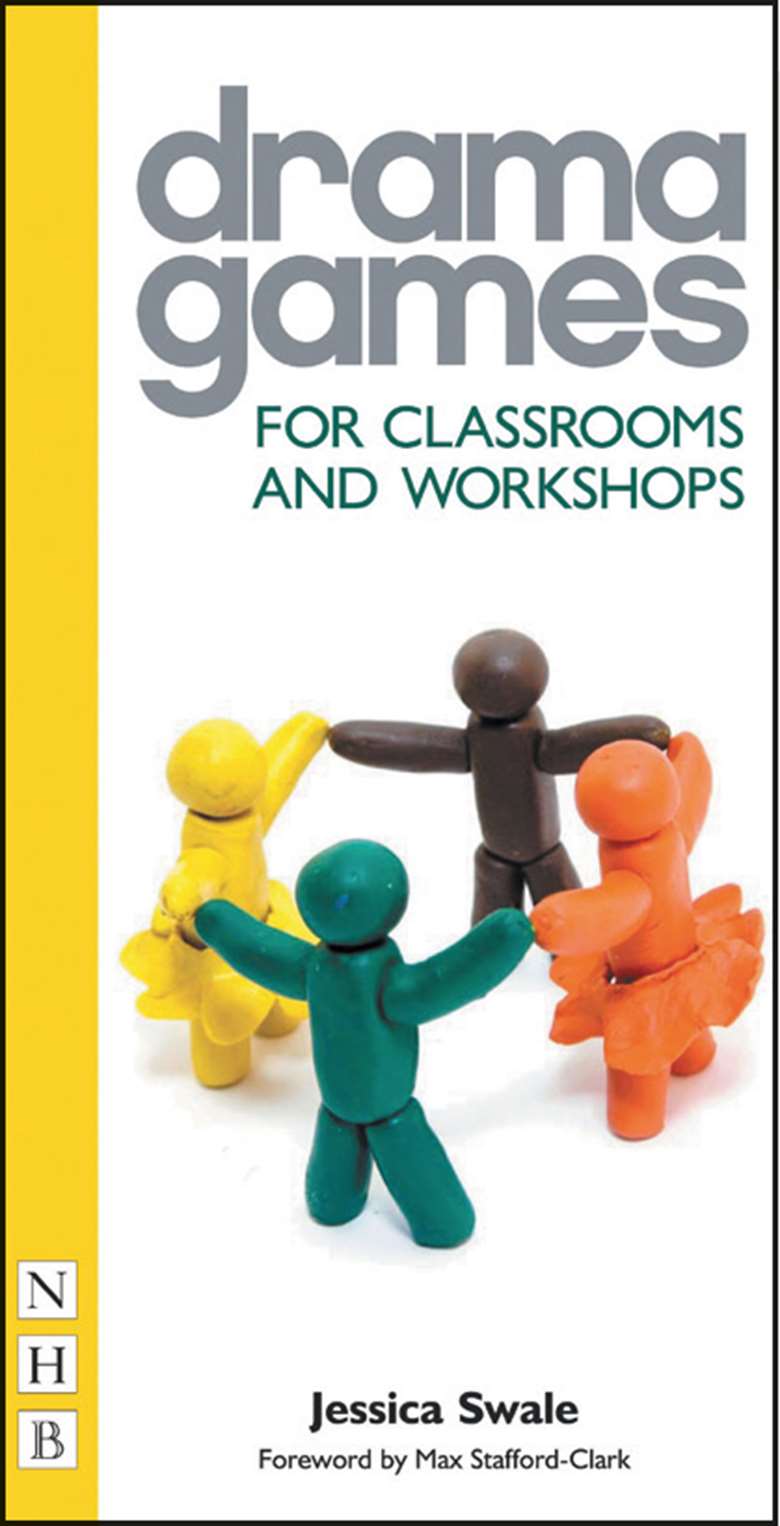Review: Drama Games for classrooms and workshops
Naomi Holcombe
Wednesday, February 1, 2023
This book is full of useful and thought-provoking suggestions for drama games, says reviewer Naomi Holcombe.

I love a good drama games book. Not because they are particularly revolutionary most of the time, but because as a drama teacher, I often get into a rut of playing the same games and am guilty of not utilising the full potential of games in the wider context of my lesson.
I think we all need to be reminded to use them as a tool to stimulate students into creating more dynamic work, instead of tacking them on to the start or end of a lesson. Swale trained under Max Stafford Clark and his foreword somewhat abruptly states that Swale’s book ‘makes no claim to be either comprehensive or original’. He then goes on to say that the games are instead a stimulus to ‘further invention and imagination’ and after having read the book would not be without it in his rehearsal room.
My favourite drama games books are easy to dip into. No one is reading a games book sequentially, cover to cover. Swale has usefully split the book up to be used in this ‘flip through’ manner, which I find really helpful.
At the bottom of each game description there is also a useful box, stating the number of players, age range, time and skills they can develop through the game. There is also a clear outline of how to play, plus the aim of each game. This makes flicking through the book an easy process, meaning you’ll return to it time and time again.
In part one, the chapters are split up into areas such as body, face and voice. Part two focuses on familiarity, so the games are tailored to getting groups to know each other. Part three is all about energy, part four about focus and so on.
The latter sections focusing on characterisation and character development were particularly interesting, as there were a lot of new games, as well as helpful approaches to devising. The section on using improvisation games to explore context and plot is beneficial for many different year groups.
Overall, I think this would be a well-used book on any drama teacher’s shelf. Revolutionary, no – but the way Swale has set out these games means that if they are used effectively, they will help feed ideas and structure into a wider classroom context and seamlessly and energetically get students moving from ‘games’ to ‘work’.

